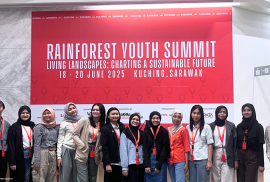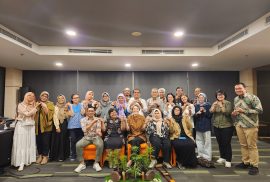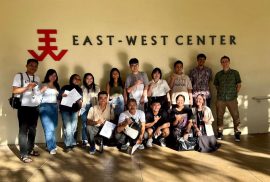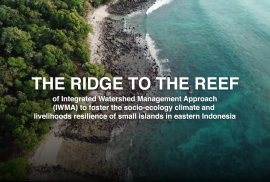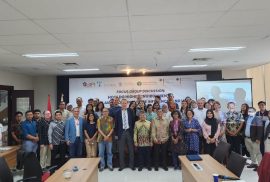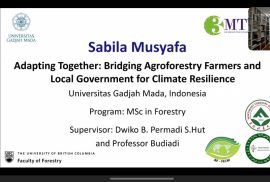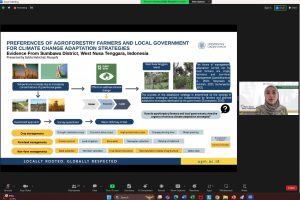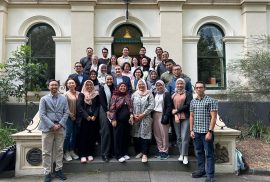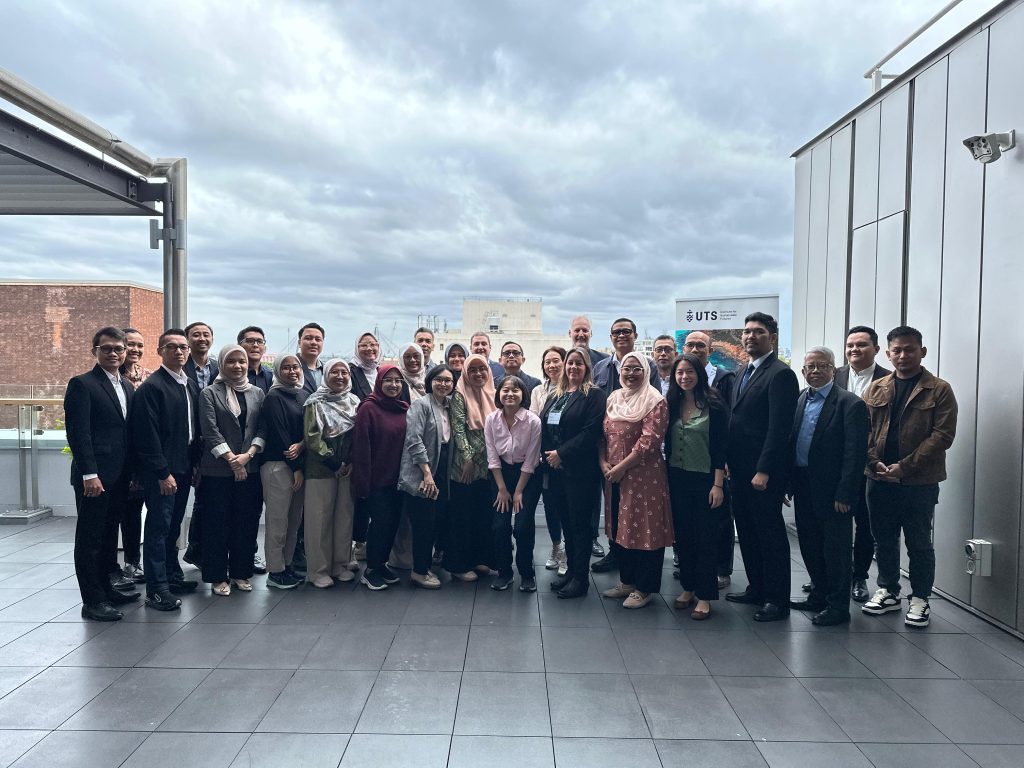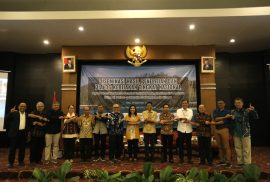KONEKSI menyelenggarakan Knowledge and Innovation Exchange Roadshow (KIE Roadshow) di Yogyakarta pada 19–20 November 2025 di The Alana and Convention Center Yogyakarta. Kegiatan ini bertujuan memperluas diseminasi hasil penelitian, mempertemukan peneliti dengan pembuat kebijakan, serta memperkuat kolaborasi ilmu pengetahuan antara Indonesia dan Australia dalam mendorong kebijakan perubahan iklim yang inklusif dan berkelanjutan.
Acara dibuka oleh Deputi Fasilitasi



